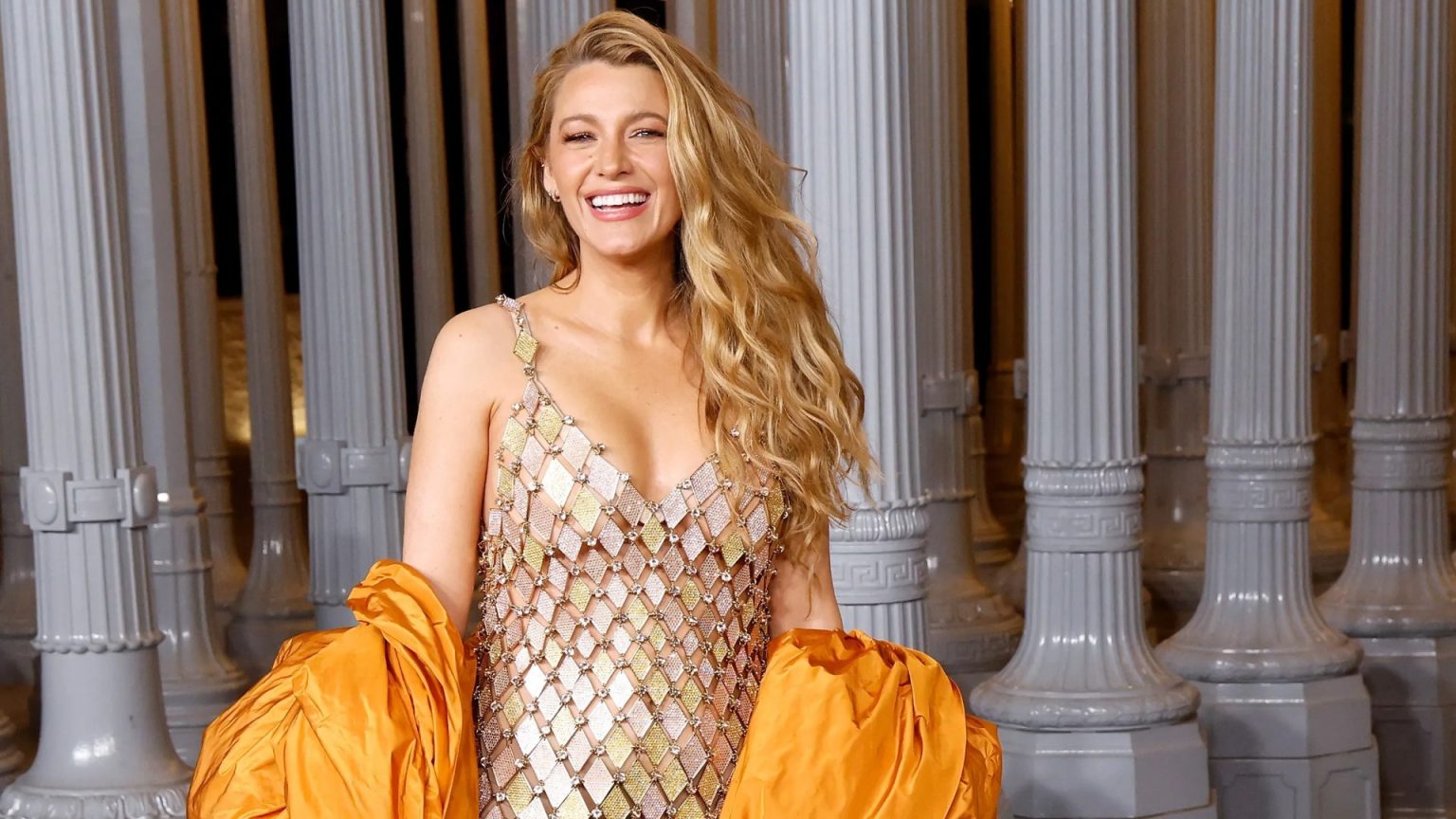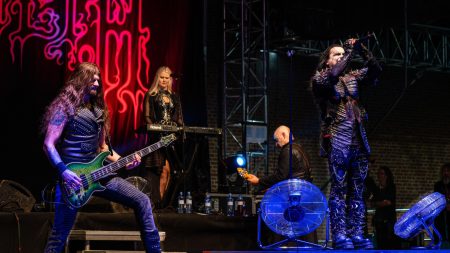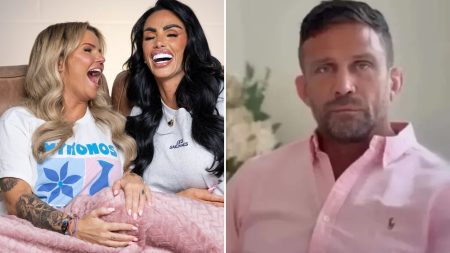Blake Lively’s lawsuit against her “It Ends With Us” co-star and director, Justin Baldoni, has unveiled a contentious behind-the-scenes battle and shed light on the darker aspects of Hollywood’s workings. Lively alleges she was subjected to a coordinated smear campaign following her complaints about a “toxic” on-set environment. The film, an adaptation of Colleen Hoover’s novel about an abusive relationship, garnered negative attention upon its August release, with Lively facing criticism for seemingly promoting her haircare line during interviews rather than addressing the film’s themes of domestic violence. This public backlash, however, appears to be just one facet of a much larger conflict, with Lively’s released list of demands revealing more about the alleged issues on set.
The 30 demands Lively presented before returning to filming paint a picture of an uncomfortable and unprofessional environment. The demands, accepted by Baldoni and the studio, included stipulations concerning discussions about sex, pornography, and personal experiences with consent. Lively specifically requested that Baldoni refrain from discussing his past “pornography addiction” and her own lack of porn consumption, as well as prohibiting conversations about their sex lives or instances where consent was not given. Further demands encompassed restrictions on physical contact and comments, a ban on improvised kissing or biting, and the presence of an intimacy coordinator during sex scenes. Beyond the intimate aspects, Lively also addressed concerns about body shaming and religious discussions, requesting that no one comment on her weight or attempt to impose their religious beliefs upon her. A peculiar demand involved Baldoni ceasing claims of communication with Lively’s deceased father.
While these demands were initially agreed upon, Lively’s lawsuit alleges that Baldoni’s team subsequently engaged in a calculated effort to damage her reputation. This alleged campaign is where the intricacies of Hollywood public relations come into play, with Lively also suing crisis PR expert Melissa Nathan, who has represented high-profile figures like Johnny Depp and Drake. Lively accuses Nathan of orchestrating negative media coverage, citing private messages suggesting a deliberate attempt to “bury” her. This alleged manipulation reveals the potential power of PR machinery in Hollywood, capable of shaping public perception and impacting a celebrity’s career.
The lawsuit has garnered support for Lively from various sources, including author Colleen Hoover and Lively’s “Sisterhood of the Traveling Pants” co-stars. Hoover praised Lively’s honesty and kindness, while her co-stars released a statement condemning the alleged “premeditated and vindictive effort” to discredit her. This public support underscores the seriousness of the allegations and further emphasizes the potential for abuse and manipulation within the entertainment industry. The case brings into question how complaints are handled and the potential for retaliation against those who speak out.
Baldoni’s lawyer, Bryan Freedman, has vehemently denied the allegations, labeling the lawsuit “false, outrageous and intentionally salacious.” Freedman claims Lively’s actions, including threats not to promote the film, contributed to its poor performance upon release. This counter-argument frames the situation as a contractual dispute, with Lively’s demands and alleged refusal to cooperate impacting the film’s success. However, the leaked messages and the support Lively has received complicate this narrative, raising questions about the motivations and actions of both parties involved.
The surfacing of details from Baldoni’s 2013 wedding vows, in which he apologized for past hurtful actions, adds another layer of complexity to the situation. While not directly related to the lawsuit, these vows lend a degree of irony to the current accusations against him. The juxtaposition of his past apologies with Lively’s current allegations of a hostile work environment creates a dissonance that further fuels public interest and speculation surrounding the case. Ultimately, the lawsuit illuminates the often hidden power dynamics and potential for misconduct within Hollywood, highlighting the challenges faced by those who choose to speak out against perceived injustice. The conflicting narratives and accusations underscore the need for thorough investigation and due process to uncover the truth behind this complex and contentious dispute.











